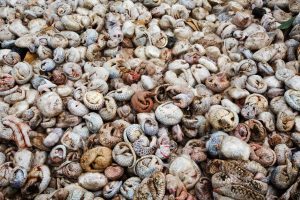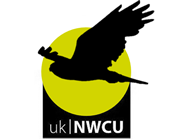 Pangolins, the world’s most illegally trafficked mammal, were thrown a lifeline at a global wildlife summit in September 2016 with a total trade ban in all species.
Pangolins, the world’s most illegally trafficked mammal, were thrown a lifeline at a global wildlife summit in September 2016 with a total trade ban in all species.
More than a million wild pangolins have been killed in the last decade, to feed the huge and rising appetite in China and Vietnam for its meat and its scales, a supposed medicine. The unique scaly anteaters are fast heading for extinction in Asia and poachers are now plundering Africa.
But the 182 nations of the Convention on the International Trade in Endangered Species (CITES) unanimously agreed a total ban on international trade on all species at the summit in Johannesburg, prompting cheers and applause from delegates.
CITES works to crack down on wildlife trafficking, currently a $20bn-a-year criminal enterprise, and to ensure the legal trade in food, skins, pets and traditional remedies does not threaten the survival of species.

Frozen pangolins lie in a pit before being burned after a seizure in Indonesia. Photograph: Paul Hilton/WCS
The four Asian species of pangolin – Indian, Philippine, Sunda and Chinese – have been decimated by illegal poaching. The animals breed slowly and are easy to catch – they simply roll up when threatened. The rampant scale of the black market has been revealed by frequent huge seizures: Indonesian authorities confiscated and burned thousands of frozen pangolins in 2015, while a Chinese ship which ran aground in the Philippines in 2013 was carrying 10 tonnes of pangolin. But traffickers have increasingly targeted the four African species: giant, South African, long-tailed and white-bellied. In June, more than 11 tonnes of pangolin scales were seized in Hong Kong in just two shipments from Africa.
Vietnam’s delegate said the upgrading of pangolins to CITES appendix 1 – the strictest protection possible – was critical for the survival of the Sunda and Chinese pangolins in particular, which are critically endangered. The move will pressure affected nations into tougher law enforcement and higher penalties for criminals.
Source: The Guardian
See here for the full article.





